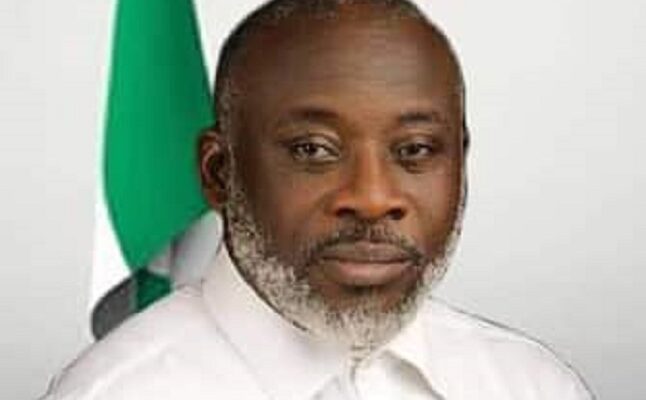As Nigeria officially marks 25 years of her return to uninterrupted democratic governance, there is an urgent, and passionate appeal that Leadership have a responsibility to make the country function optimally, which was the aspiration of those who fought, and laid their lives for democracy.
In a statement issued in Abuja, to commemorate Nigeria’s “silver anniversary” of unbroken democratic governance, a chieftain of the Peoples’ Democratic Party, PDP, Rt. Hon. TeeJay Yusuf, paid glowing tributes to “Chief MKO Abiola; Pa Alfred Rewane; Chima Ubani; Bagauda Kaltho; and many others who were less-known but emerged as heroes and heroines of democracy as they courageously resisted, and fought every form of military dictatorship and autocratic rulership; in the ’90s which culminated in Nigeria’s return to civilian governance in 1999. One must also commend the contributions of civil society organisations; National Association of Nigerian Students (NANS); the media; semi-formal associations; labour unions; individuals; and personalities”
The former three-term federal lawmaker, and one-time NANS secretary-general; during the despotic rulership of late General Sani Abacha emphasized the strategic importance of democracy in Nigeria, “truly, the worst of democracy is better than any military government. Democracy, if properly practiced confers some positives on the citizenry and country. To a large extent, people are guaranteed legitimate freedom; promises of inclusivity and belonginess; fair and free expression of opinions are assured and many others.”
However, the Kogi-born activist-politician believes that, “though there are facts to buttress the point that in 25 years of democracy, Nigeria has recorded few achievements in certain sectors of the economy but many hurdles are ahead. Aside the corrosive economic challenges, debilitating poverty, spiral inflation, and some socio-political encumbrances that has plagued Nigeria over the years, there are some fundamentals which must be addressed, tackled, and resolved swiftly. Believability and Trust of Nigerians on the leadership; across board has being dwindling over time. As we all reflect on the lessons and legacies of June 12, it is apposite that there must be conscious, and deliberate desire and efforts by the leadership to evolve measures towards re-gaining the trust, and re-storing believe of Nigerians in every statement, policy, and programme of government. For me, Today is an opportunity for every leader; in public service, private sector, and every other strata to reflect on how well we have stimulated the consciousness and enhanced the believe and trust of those behind, and under us towards generating the required national growth and development, as well as personal advancement of others.”
Finally, while espousing the need for every citizen in positions of authority, particularly in the public service to “sustain the lofty ideals and visions of those who paid the ultimate price for Nigeria’s return to democracy,”
Yusuf solicited for “continued prayers for God’s guidance, wisdom, knowledge, and direction upon all Leaders to do the right thing, and take necessary decisions towards uplifting the general well-being of the people, and ensuring meaningful growth and development of our nation.”



